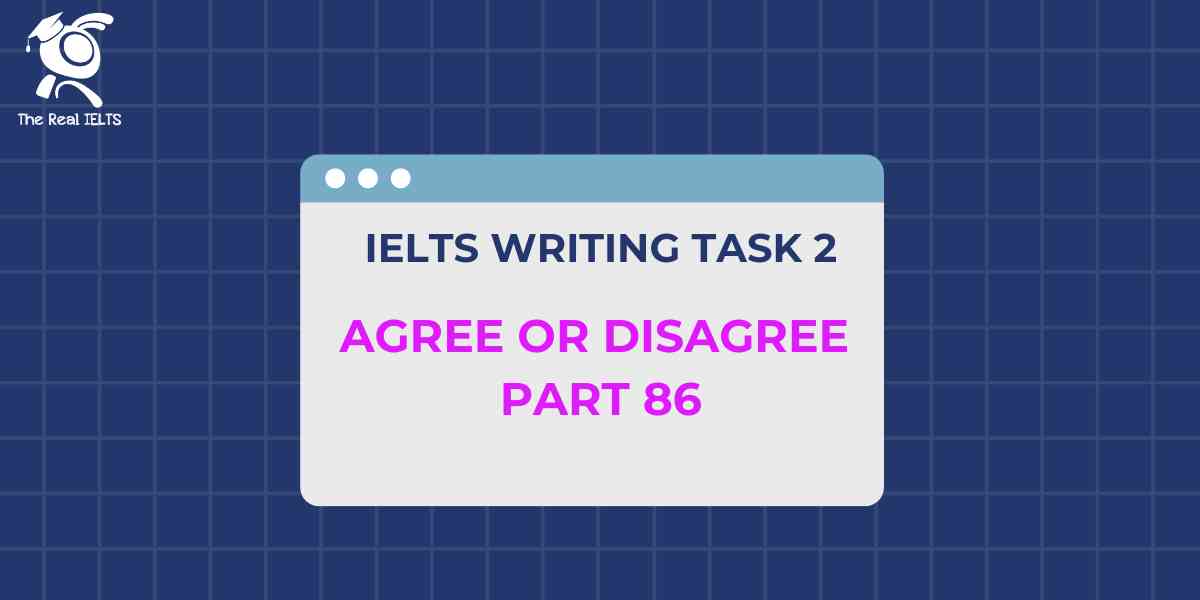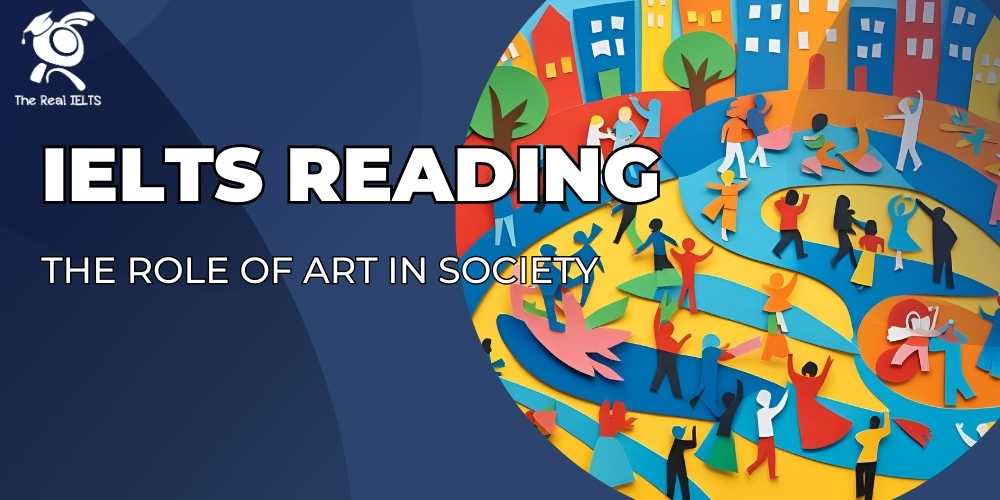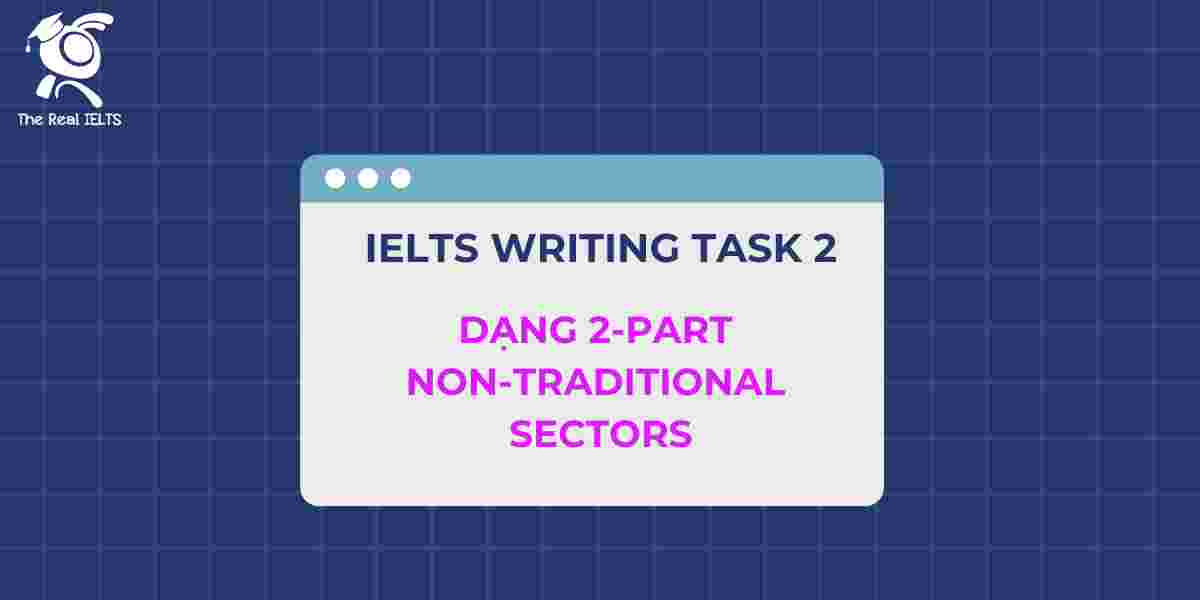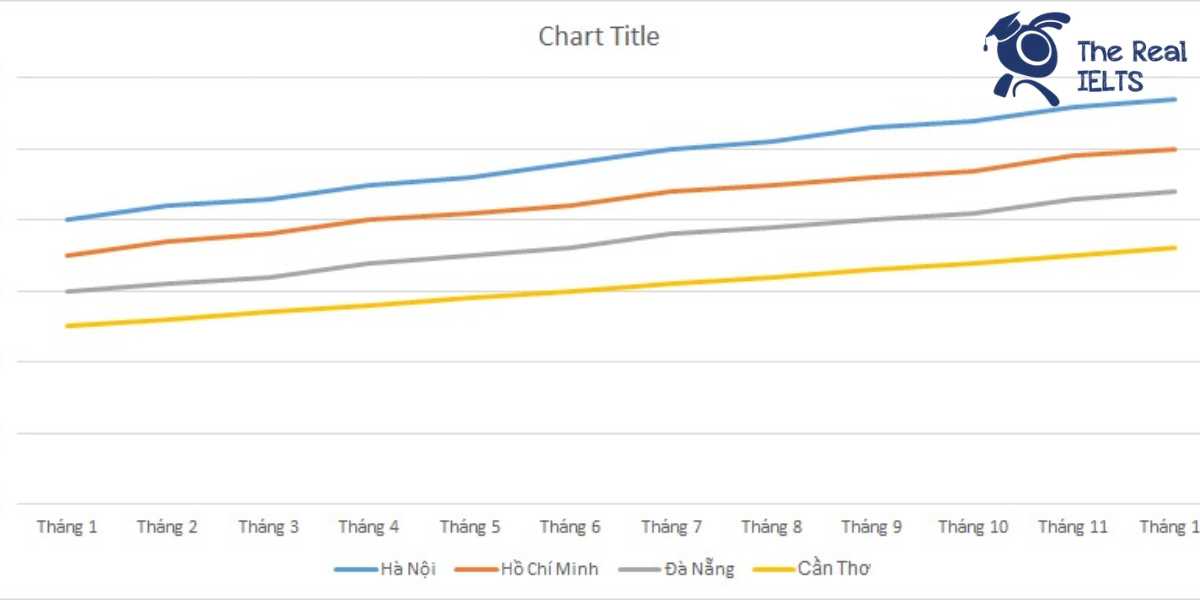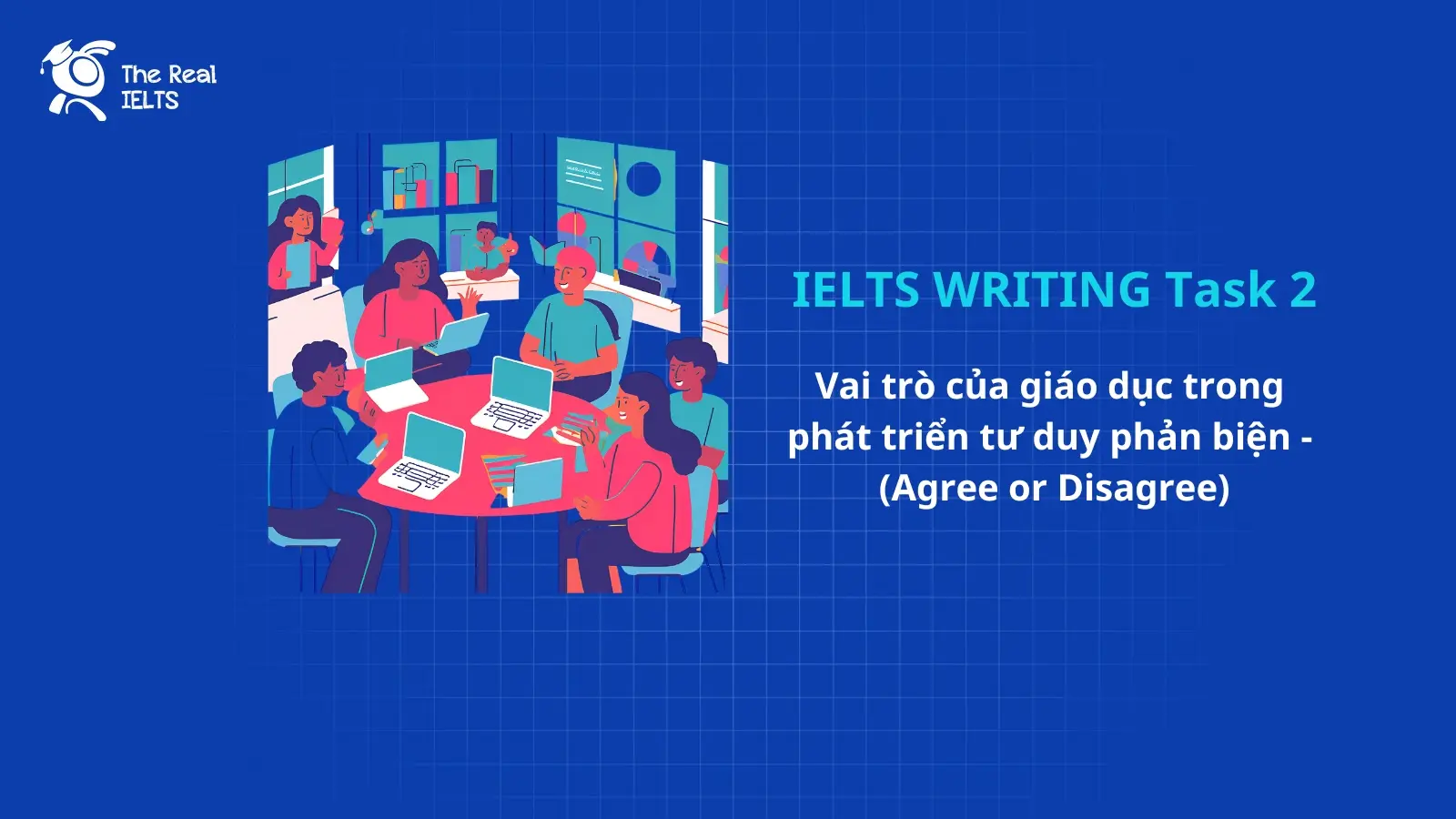Đề bài IELTS Writing Task 2 dạng Agree or Disagree Part 86
You should spend about 40 minutes on this task
The use of animals for entertainment should be banned. To what extent do you agree or disagree?
Write at least 250 words.
Giải mẫu IELTS Writing
The use of animals for entertainment purposes, such as in circuses, zoos, and theme parks, has been a contentious issue for many years. While some argue that these practices should be banned due to ethical concerns, others believe that they can be justified if certain conditions are met. In my opinion, the use of animals for entertainment should largely be prohibited, but I acknowledge that there are some exceptions where it can be considered acceptable.
Firstly, the exploitation of animals in entertainment often leads to significant physical and psychological harm. Animals in circuses, for instance, are frequently subjected to harsh training methods, confined spaces, and continuous travel, all of which contribute to stress and poor health. The unnatural environments of zoos and theme parks also fail to meet the complex needs of many species, resulting in behaviors indicative of distress and frustration. These conditions highlight a fundamental ethical issue: using sentient beings for mere amusement is inherently cruel and should not be condoned.
Secondly, the educational value of using animals in entertainment is often overstated. While zoos claim to educate the public about wildlife, the information provided is frequently limited and does not compensate for the negative impact on the animals’ welfare. Moreover, modern technology offers alternative ways to learn about and appreciate wildlife. Documentaries, virtual reality experiences, and educational programs can provide comprehensive insights into the lives of animals without subjecting them to captivity and exploitation.
However, it is important to recognize that not all uses of animals in entertainment are equally harmful. In some cases, such as in well-managed wildlife sanctuaries or conservation-focused zoos, animals receive appropriate care, ample space, and enrichment activities that cater to their natural behaviors. These establishments can play a crucial role in the conservation of endangered species and the education of the public about the importance of wildlife preservation. Under strict regulations and continuous oversight, such facilities can provide a beneficial environment for animals while serving an educational purpose.
In conclusion, while the use of animals for entertainment generally results in their mistreatment and should be banned, exceptions can be made for institutions that prioritize animal welfare and conservation. By enforcing rigorous standards and promoting alternative forms of education and entertainment, society can work towards a future where animals are respected and protected, rather than exploited for human amusement.
Cấu trúc ngữ pháp và cấu trúc câu
Cấu trúc câu và cấu trúc ngữ pháp
- Cấu trúc câu đơn:
- “The use of animals for entertainment purposes has been a contentious issue for many years.”
- Cấu trúc câu ghép:
- “While some argue that these practices should be banned due to ethical concerns, others believe that they can be justified if certain conditions are met.”
- Cấu trúc câu phức:
- “In my opinion, the use of animals for entertainment should largely be prohibited, but I acknowledge that there are some exceptions where it can be considered acceptable.”
- “Animals in circuses, for instance, are frequently subjected to harsh training methods, confined spaces, and continuous travel, all of which contribute to stress and poor health.”
- Cấu trúc câu ghép phức:
- “Documentaries, virtual reality experiences, and educational programs can provide comprehensive insights into the lives of animals without subjecting them to captivity and exploitation.”
- Cấu trúc so sánh:
- “The unnatural environments of zoos and theme parks also fail to meet the complex needs of many species, resulting in behaviors indicative of distress and frustration.”
Các từ kết nối các câu và các đoạn
- Từ kết nối các câu trong đoạn văn:
- “While”: “While some argue that these practices should be banned due to ethical concerns, others believe that they can be justified if certain conditions are met.”
- “Firstly”: “Firstly, the exploitation of animals in entertainment often leads to significant physical and psychological harm.”
- “Secondly”: “Secondly, the educational value of using animals in entertainment is often overstated.”
- “Moreover”: “Moreover, modern technology offers alternative ways to learn about and appreciate wildlife.”
- “However”: “However, it is important to recognize that not all uses of animals in entertainment are equally harmful.”
- Từ kết nối các đoạn văn:
- “Firstly”: Mở đầu đoạn văn nói về các tác động tiêu cực của việc sử dụng động vật trong giải trí.
- “Secondly”: Mở đầu đoạn văn nói về giá trị giáo dục của việc sử dụng động vật trong giải trí.
- “However”: Mở đầu đoạn văn công nhận rằng không phải tất cả các hình thức sử dụng động vật trong giải trí đều có hại.
- “In conclusion”: Mở đầu đoạn văn kết luận, tóm tắt quan điểm chung và các điều kiện ngoại lệ.
Các cấu trúc ngữ pháp nổi bật
- Mệnh đề quan hệ:
- “In some cases, such as in well-managed wildlife sanctuaries or conservation-focused zoos, animals receive appropriate care, ample space, and enrichment activities that cater to their natural behaviors.”
- Cụm từ phân từ:
- “Documentaries, virtual reality experiences, and educational programs can provide comprehensive insights into the lives of animals without subjecting them to captivity and exploitation.”
- Cụm từ đồng vị:
- “The unnatural environments of zoos and theme parks also fail to meet the complex needs of many species, resulting in behaviors indicative of distress and frustration.”
- Cụm danh từ:
- “The use of animals for entertainment purposes”
- “significant physical and psychological harm”
Các từ vựng tiếng Anh cần lưu ý trong bài viết
Dưới đây là danh sách các từ vựng tiếng Anh cần lưu ý trong bài viết cùng với dịch nghĩa sang tiếng Việt:
- Exploitation – Sự khai thác, sự bóc lột
- Entertainment – Sự giải trí
- Ethical – Thuộc về đạo đức
- Prohibited – Bị cấm
- Confined spaces – Không gian chật hẹp
- Continuous travel – Sự di chuyển liên tục
- Stress – Căng thẳng
- Poor health – Sức khỏe kém
- Unnatural environments – Môi trường không tự nhiên
- Species – Loài
- Behaviors – Hành vi
- Distress – Nỗi đau buồn
- Frustration – Sự thất vọng
- Sentient beings – Những sinh vật có cảm giác
- Educational value – Giá trị giáo dục
- Comprehensive insights – Hiểu biết toàn diện
- Captivity – Sự nuôi nhốt
- Exploitation – Sự khai thác, sự bóc lột
- Wildlife sanctuaries – Khu bảo tồn động vật hoang dã
- Conservation – Sự bảo tồn
- Endangered species – Các loài có nguy cơ tuyệt chủng
- Regulations – Quy định
- Oversight – Sự giám sát
- Enrichment activities – Các hoạt động làm giàu (cho cuộc sống động vật)
- Natural behaviors – Hành vi tự nhiên
- Prioritize – Ưu tiên
- Promoting – Thúc đẩy
- Alternative forms – Các hình thức thay thế
- Amusement – Sự vui chơi
Đọc thêm các bài Luyện Thi IELTS khác trong link nhé.


